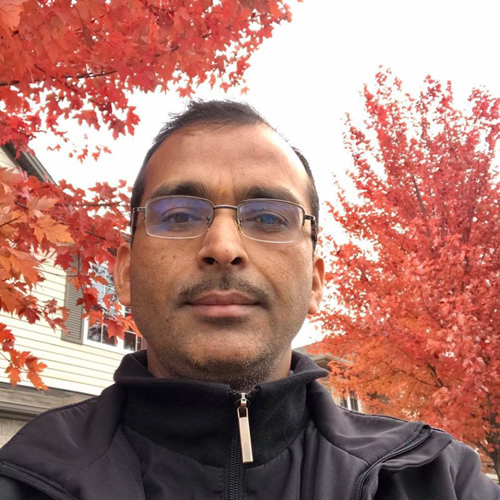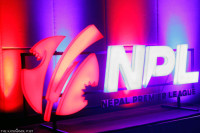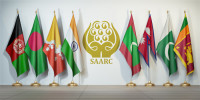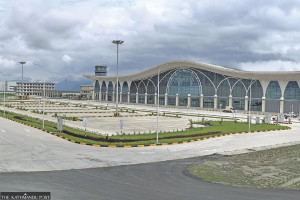Opinion
War on the web
The recent spate of inflammatory posts in the aftermath of the Tikapur killings point to an urgent need for social media laws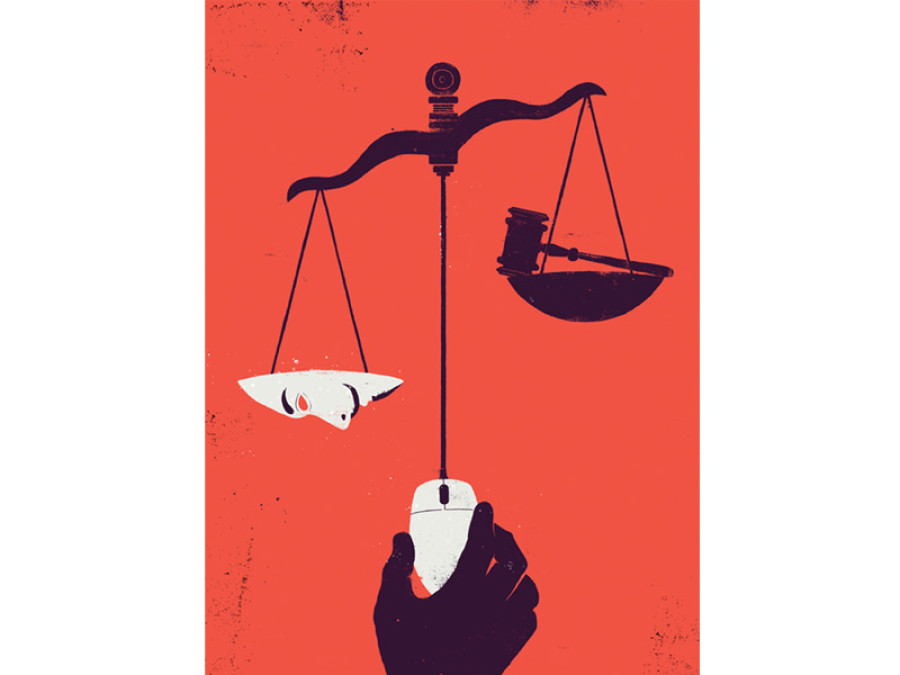
Bhanu Bhakta Acharya
Even as Nepal is on its way to completing the constitution drafting process, there is a virtual war currently in progress on various social media platforms. Against the backdrop of the political happenings, many Nepalis have taken to the social media to not only express their concerns, but also make inflammatory remarks to defame other people based on their ethnic origin, religious belief and political orientation. As a result, the collective morale of the Nepali public is waning like never before. This article tries to analyse the misuse of social media outlets, its consequences, and the need for an ethico-legal framework to regulate social media platforms for the promotion of social harmony and national unity.
Virtual battlefield
Immediately after the release of the first draft of the constitution, many people went online and warned the government that if their demands were not fulfilled in the upcoming legislation, the outcome would be violent. It seemed as though the draft had triggered a war between Hindus and non-Hindus, Pahadis and Madhesis, and Janajatis and non-Janajatis.
After the Tikapur incident, which killed at least eight police personnel and an infant, some people expressed their support for the violence, and incited marginalised communities online for further violence. For instance, a couple of fake pictures of young women were posted and widely shared on Facebook and on blogs alleging that the army personnel deployed in Kailali after the first incident had raped and killed them. The users also claimed that more than a dozen Tharus had been brutally killed in revenge. On the other hand, some social media users widely shared a photo of a man on fire claiming that it was one of the police officers killed in the Tikapur incident. In fact, the picture was of a 2012 incident in the US.
Meanwhile, one user created a fake account of the Senior Superintendent of Police Ramesh Kharel and posted a provocative remark to stir up police personnel against the general public. These are just a few recent examples that expose the misuse of social media to incite further violence and jeopardise social harmony. There are many blogs and anonymous news portals (having no editorial and publisher’s details) that are strategically fabricating stories by using fake photos or videos from different places to rile up different ethnic or political groups.
Loss of democratic values
Having various unique features such as being user-friendly, interactive, globally accessible and transmitted in real time, social media is considered to be a democratic means for the general public who were previously deprived of accessing traditional news media to voice their concerns. Hence, social media outlets are supposed to foster democratic values of participation and dialogue.
Article 12 of the Interim Constitution has guaranteed the right to freedom of expression as a fundamental right to everyone. In this sense, the use of social media outlets to express personal, political or social issues can be considered as an exercise of the fundamental right. However, the aforementioned examples illustrate that many people are misusing social media outlets to promote a strategic purpose that is against the law and democratic values. By creating fake profiles on social media outlets, some users intentionally disseminate propaganda, fabricated stories and hate speech, which may jeopardise social harmony.
It is important to note that social media platforms are not always beneficial to democratic practices. It solely depends on the motives of the users. In addition to individuals or groups, government agencies can also misuse social media to propagandise their interests, and thereby undermine democratic processes for political gains. Since it is very easy to defame and bully people, make obscene comments and spew hatred on social media platforms, they need to be regulated.
Social media, therefore, urgently requires ethico-legal regulations to protect and promote social harmony and national integrity.
Ethico-legal framework
Article 19 the International Covenant on Civil and Political Rights 1966, to which Nepal is a state party, has clearly specified the limitations of freedom of expression. According to the article, the rights and reputation of others and issues related to national security, public order, public health and morals should not be infringed by expressions through any means. Article 12 (3a) of the present constitution of Nepal includes similar provisions to regulate the right to freedom of expression. Hence, social media platforms cannot be an exception to these rules.
Since social media networks are globally accessible, frequently updated and have instant transmission, they can incite violence immediately if they are not carefully monitored and lawfully regulated. It is a civic duty of every citizen to ensure that the right to freedom of expression is not misused to disseminate propaganda, engage in defamation or to popularise violent content that is deemed harmful to society. We know that a democratic environment is possible only when there are adequate regulations to protect democratic values. Therefore, media regulation in itself should not be considered to be a vice in a democratic society.
As we know, Nepali journalism has been practicing or tends to practice the social responsibility theory. Social media, therefore, should also follow the same ethico-legal framework to make users accountable for their expressions. Meanwhile, there are some laws, such as Electronic Transaction Act 2008, that are used to regulate and restrict internet activities that are extremely unfriendly to users. In order to tackle the misuse of social media, various measures can be implemented. An autonomous and self-regulatory mechanism can be established representing all key stakeholders, including social media users, to monitor and regulate social media content. Such a mechanism can develop a guideline that includes a list of do’s and don’ts that social media users should be aware of.
In addition, there should be a massive awareness campaign across the country using a variety of mainstream media and other formal and informal channels to make the public aware of the basic responsibilities while using social media. Such awareness campaigns should encourage social media users to exercise their right to free expression in a self-regulated manner and respect the rights of others. Furthermore, a provision for punishment can be employed against defaulters who repeatedly engage in defamation, propagate hate speech and disseminate inflammatory content. There is no doubt that the benefits such as participation, interactivity and information dissemination outweigh the risks of social media. Until there is a proper ethical guideline or legal framework for the public and private sectors to use social media in the country, improper use of social media outlets can incite further violence and clashes among various ethnic groups in Nepal.
Finally, there is no escape; we need to deal with new technology and tackle the consequences. Government agencies and non-governmental sectors should work together to minimise and stop the misuse of social media, besides making sure that social harmony is enhanced through social media networking and interactivity. It is up to us whether we use social media to promote tolerance or incite hatred. It is very urgent to develop and promote social media regulations, so that the right to freedom of expression can be exercised in a responsible and accountable manner.
Acharya is a researcher on media accountability at the University of Ottawa, Canada




 21.12°C Kathmandu
21.12°C Kathmandu